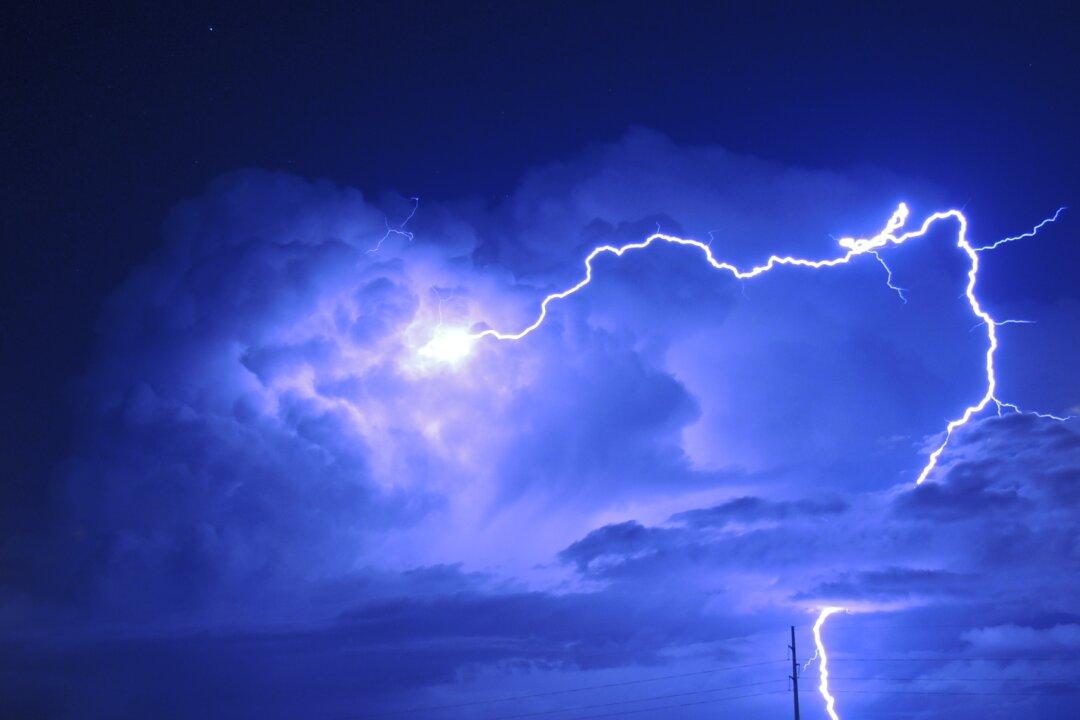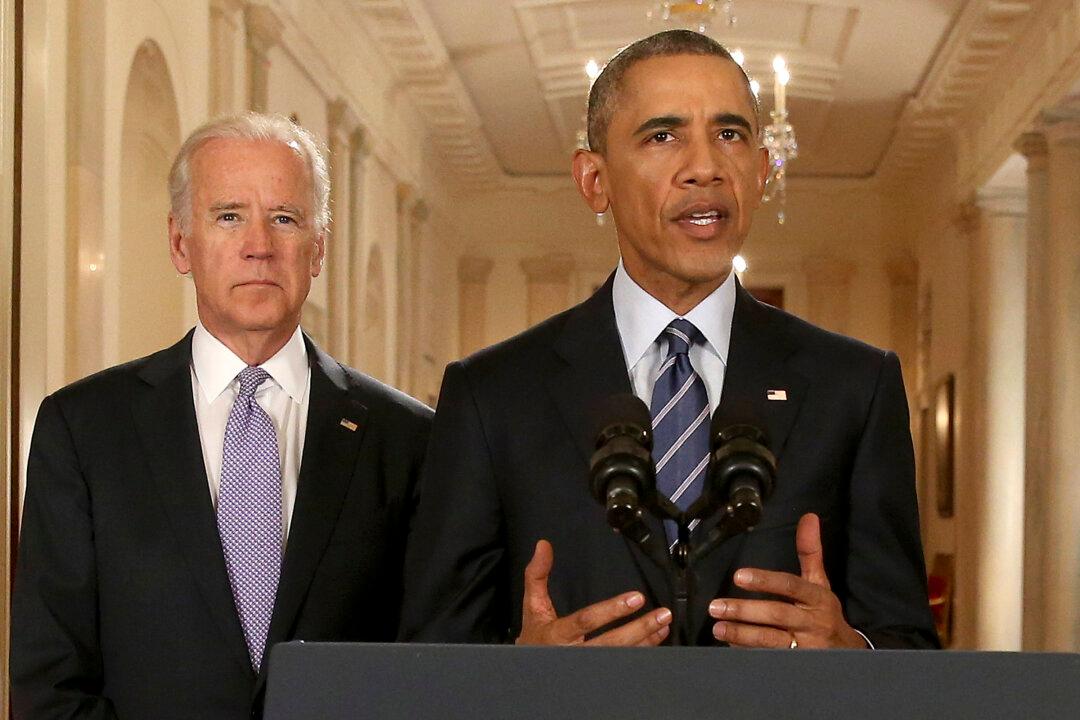Commentary
“Extreme heat kills more people in the United States than any other weather hazard,” is the first claim in this Washington Post piece warning about the deadly summer heat—and it is almost certainly false. Similar warnings about the deadly weather appear in virtually every mainstream media outlet.





